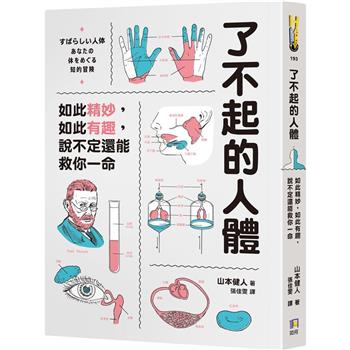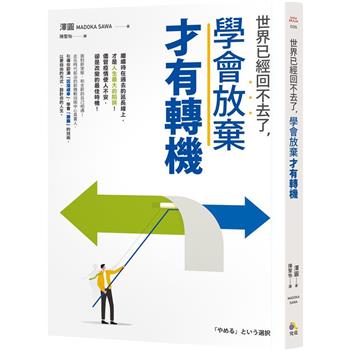Drawing on the cognitive translatological paradigm, this book introduces a situation-embedded cognitive construction model of translation and explores the thinking portfolios of British and American sinologists-cum-translators to re-examine their multiple voices and cognition in translating Chinese fiction.
By placing sinologists-cum-translators in the same discourse space, the study transcends the limitations of previous case studies and offers a comprehensive cognitive panorama of how Chinese novels are rendered. The author explores the challenges and difficulties of translating Chinese fiction from the insider perspectives of British and American sinologists, and cross-validates their multiple voices by aligning them with cross-cultural communication scenarios. Based on the cognitive construction model of translation, the book provides a systematic review of the translation thoughts and ideas of the community of sinologists in terms of linguistic conventions, narrative styles, contextual and cultural frames, readership categories and metaphorical models of translation. It envisions a new research path to enhance empirical research on translators’ cognition in a dynamic translation ecosystem.
The title will be an essential read for students and scholars of translation studies and Chinese studies. It will also appeal to translators and researchers interested in cognitive stylistics, literary studies and intercultural communication studies.

 看圖書介紹
看圖書介紹










 大學轉學考2025試題大補帖【微積分】(111~113年試題)[適用臺大、台灣聯合大學系統、臺灣綜合大學系統、政大轉學考考試](CV3202)](https://media.taaze.tw/showLargeImage.html?sc=14100119398)